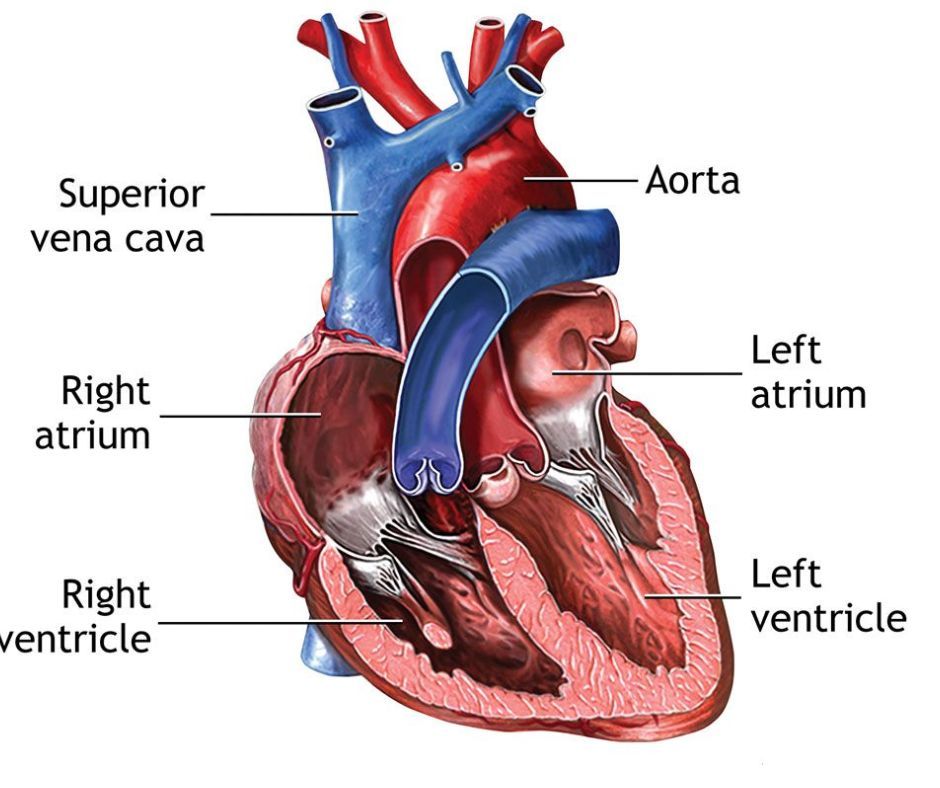Feburary : The Heart Health Month
How can we can keep our hearts healthy?

The heart serves as the body's powerhouse, playing an important role in blood circulatory system. Through its muscular contractions, the heart pumps blood, delivering oxygen and nutrients to various cells, tissues and organs in the body. Anatomically, the heart comprises two upper chambers, known as atria, and two lower chambers called ventricles. Deoxygenated blood flows from the major vein, the vena cava, into the right atrium and right ventricle, where it is pumped to the lungs for oxygenation. The newly oxygenated blood then returns to the left atrium and is pumped out through the major artery, the aorta, to supply the body's organs and tissues with rich oxgenated blood with nutrients.
Maintaining optimal blood pressure within the arteries is essential to minimize stress on the heart's pumping action. Blood pressure can be measured using a sphygmomanometer, typically with cuffs while sitting in the correct position. The cuffs are usually inflated to stop blood flow in the artery, generally ranging from 160 mmHg to 200 mmHg, and then gradually deflated to obtain the diastolic (lower number) and systolic (upper number) readings. The diastolic pressure represents the pressure in the artery between heartbeats as the heart relaxes and fills with blood, whereas the systolic pressure reads the arterial pressure during heart contraction when blood is ejected into the different parts of the body.
How can we keep our hearts healthy? The Centers for Disease Control and Prevention identifies heart disease as the leading cause of death for men, women, and individuals across most racial and ethnic groups. In 2022, heart disease accounted for 1 in every 5 deaths in the United States. One effective way to care for our hearts involves routinely monitoring blood pressure not only in a medical setting but also at home.
Are you familiar with how to properly use various blood pressure measuring devices to achieve accurate readings both at the doctor’s office and at home before considering a diagnosis of hypertension? What lifestyle changes can we adopt to help maintain our heart health? Additionally, when diagnosing high blood pressure, what clinical guidelines do you follow?


